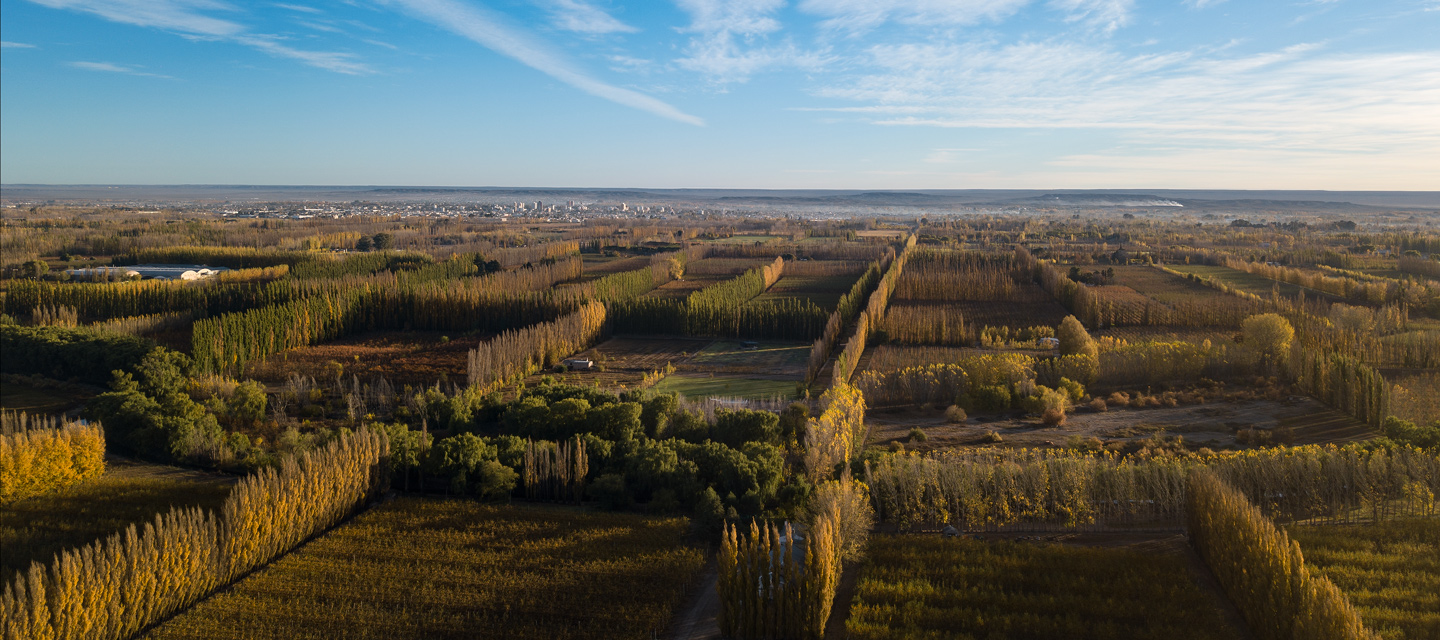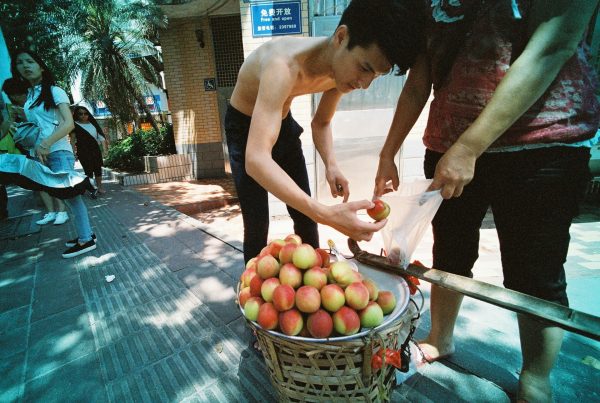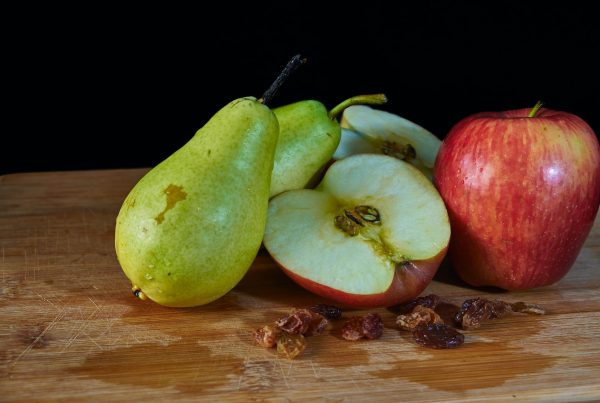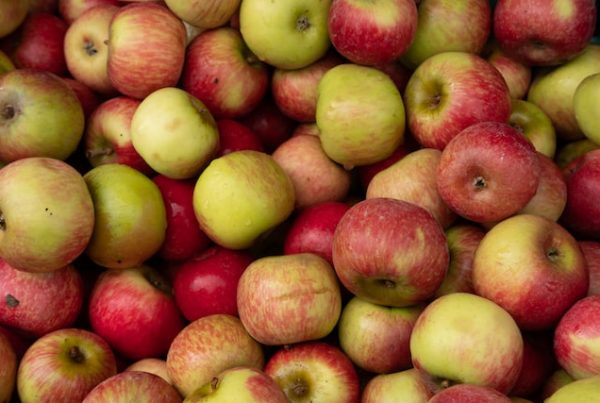Newsletter 164 – 06.03.2024
With the inauguration of the new government last December, a radical change occurred in Argentine politics. After years of a policy focused on the internal market, neglecting the needs of agricultural production; Now, there is a strong shift towards them and with the aim of encouraging exports. Among the measures taken are a strong devaluation, bureaucratic simplifications, tax reductions, etc. Although it is worth clarifying that if inflation is not lowered, the advantages of devaluation are being diluted. Despite the latter, there are good expectations for the campaign given the favorable general context.
The harvest is developing correctly. It started a little later, due to spring and the beginning of cool summer. This year there were no major incidences of frost or hail, which favored the quality of the fruit. For pears and most apples, an average harvest is expected, somewhat smaller than the last one, because the fruit is somewhat smaller than usual. This occurred mainly in the early varieties, such as Williams and Gala. In red varieties, a productive drop of 20-30% is expected, due to climatic problems and the abandonment of old plantations. But thanks to the better quality expected for all varieties, there will be a greater proportion of fresh, exportable fruit. In the last 3 years there were many qualitative problems, which is why the percentage of fruit that was sent to the industry was high, 40% of apples and 25-30% of pears. Given the low prices usually paid for industrial fruit, it is an unprofitable business for the producer.
Regarding varietal issues, there have been no major developments in recent years, since the tight economic situation of producers did not give room to try new varieties. Williams continues to dominate, occupying 40% of the area and pear exports. Packhams has a participation of one third, D'Anjou 15% and Abate with a much smaller percentage; only 5%.
Among apples, the clear winner in recent years is Red Delicious and its clones. This is because it continues to be the preferred one by the national and Latin American consumer. In addition, with the new selections it was possible to reverse its floury and bland texture problems. 66% of the apple surface is occupied by Red Delicious. It has a smaller share in exports (45-50%), given that it is preferably consumed locally and some is sent to neighboring countries. Overseas markets prefer Gala and Pink Lady. These participate in 20 and 25% of exports.
Many years ago, the traditional markets were overseas, Europe and North America. But due to changes in varietal preferences and expansion of production in the north, they have stopped buying Argentine fruit. In recent years, a clear shift towards Latin American countries has been taking place within the destinations of Argentine pome trees. Firstly, there is Brazil, which is by far the largest market. In 2023, it received 40% of pome fruit exports, which represented 134,000 tons of pears and 31,000 tons of apples. But other countries such as Paraguay, Bolivia, Peru and Mexico are also buying increasing volumes. The second most important destination is Russia. It always received large shipments. But in the last two years the conflict with Ukraine complicated logistics. In the current campaign, alternative routes were found, which is why shipments to this country will be recovered. Exports to the US are also very stable thanks to the success of organic fruit. This year North America has strong local production, which is why interest in imported ones will drop. The situation is reversed in Europe, which has stopped buying Argentine fruits. In 2023 it only received 26,000 tons of pears, a very low volume if we compare it with the 100-150,000 tons several years ago. But in the current campaign there is a general shortage of pears in Europe, so it is expected to be able to partially recover shipments. Also in this case, the organic pear is successful and the prospects for the current season are favorable. In apples, shipments to the Old Continent are limited and are mainly restricted to Pink Lady and organic apples. In this campaign, Europe has abundant stocks of both Pink Lady and organic, so interest will be rather limited.







